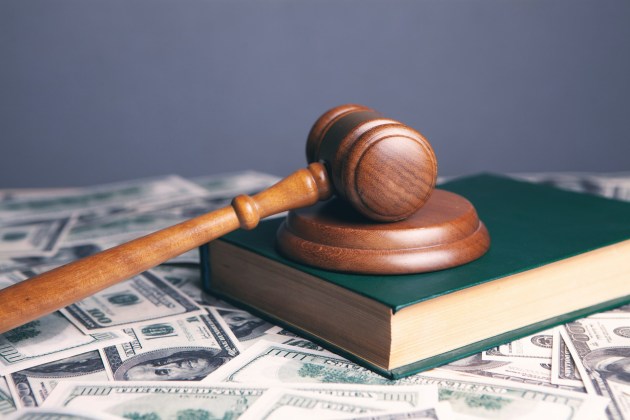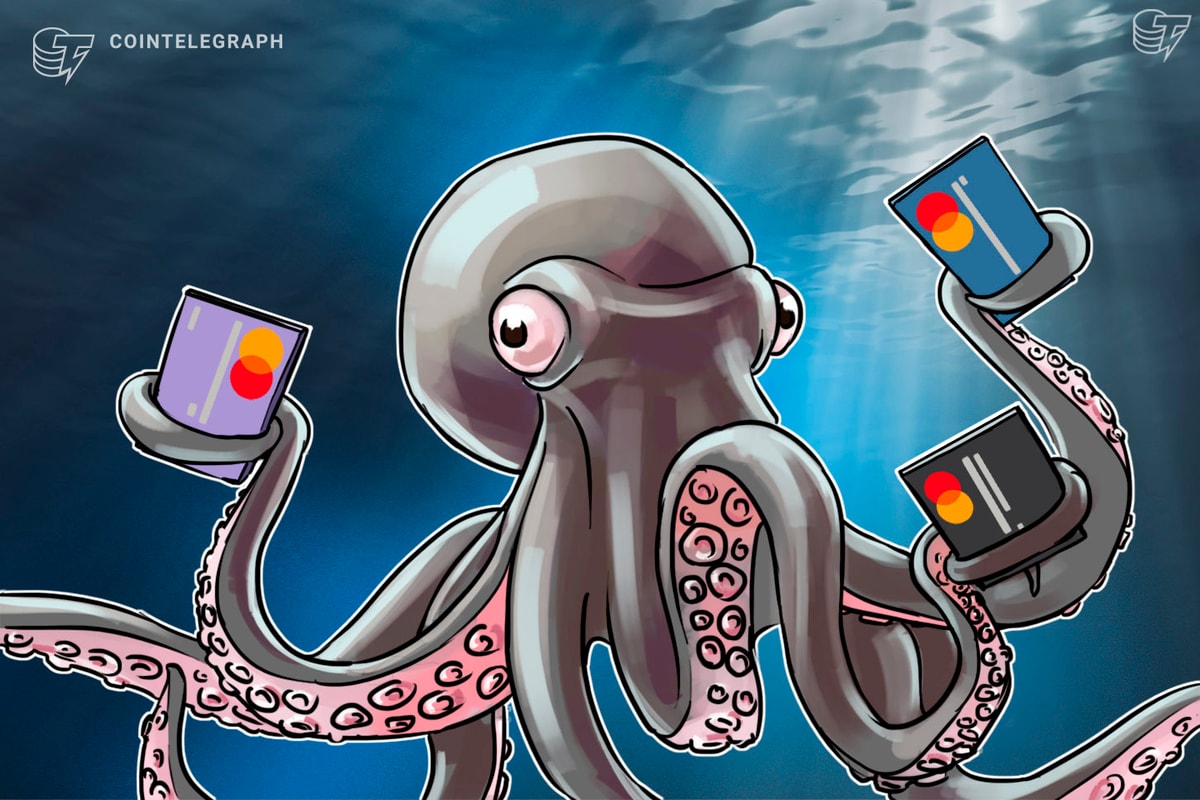There are more traders now that prefer to hold Bitcoin than selling it to realize earlier profits. It is indicative of a major price boom ahead for the flagship cryptocurrency, which has already surged by almost 1,380 percent from its 2020’s nadir of $3,858 (data from Coinbase).
Bitcoin Rise to Glory
Lower interest rates have provided one of the most strengthening bullish tailwinds to the Bitcoin market. It shows that banks could borrow cheaper capital from the Federal Reserve. In turn, that made the prospect of injecting liquidity into the economy higher. The US dollar resultantly risked being oversupplied. So, its value fell all across 2021.
Bitcoin rose because of its anti-fiat narrative. Investors perceived it as a haven against a dwindling dollar, citing its limited supply cap of 21 million tokens against an unlimited greenback. Billionaire hedge fund managers Paul Tudor Jones, Stan Druckenmiller, and Scott Minerd said that ultralow rates would further push the cryptocurrency’s prices.
So far, Bitcoin has performed per the expectations. The BTC/USD exchange rate surged twofold, entering 2021, hitting a record high of $61,778 in March after a flurry of corporate houses opted to add bitcoin to their balance sheets (read Tesla, MicroStrategy).

Meanwhile, believing that wealthy investors would start demand for bitcoin-related investment services, giants like Mastercard, Visa, BNY Mellon, Goldman Sachs, Morgan Stanley, and PayPal announced crypto-focused features on their legacy platform. So it appears, Bitcoin is finally growing from being an asset that Warren Buffett once called “rat poison squared” to a new institutional eye-candy.
But the question remains: how long the bitcoin price rally could last? The first crack is also appearing in the name of potential rate hikes.
Hike Them Rates!
A faster-than-anticipated economic recovery in the United States and optimistic labor data signaling growth in both the factor and the service sectors pushed traders to raise their bets on rate hikes sometime next year. Eurodollar futures, a widely tracked measure of interest rate expectations, shows that the Fed would raise the interest rate from near zero by 2022, followed by three additional hikes anticipated until early 2024.
That comes as a sharp contrast to what the Fed officials agreed in its latest meeting: That they would keep rates near zero at least until 2024 to let inflation run higher above its benchmark target of 2 percent. Bitcoin kept surging this year against the loose monetary policy expectations — even when growth prospects led to a dramatic rise in both longer-dated and shorter-dated Treasury yields.
The Fed’s approach to winding down its $120 billion monthly bond purchase program may signal its intention to raise rates, said Brian Nick, chief investment strategist at Nuveen, to the Financial Times. The executive nevertheless noted that he does not see rate hikes coming any sooner than 2023.
But he reminded that the number of central bank officials favoring a rate rise has risen from December 2020 versus March 2021. It could put the Fed in an uncertain position.
Bitcoin was trading near $57,500 as of this press time.
Photo by Isaiah Rustad on Unsplash










